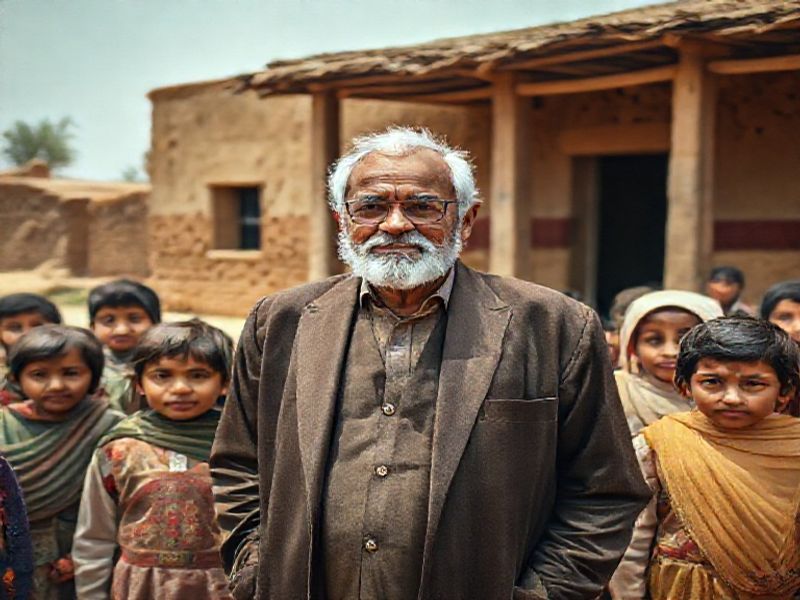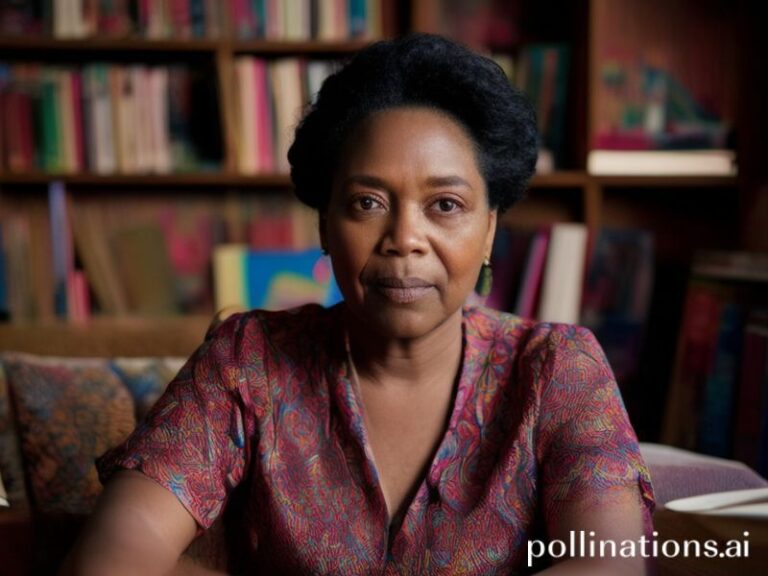Mamdani Education: The Global Trend Redefining How We Learn (And Why You Should Care)
# **Mamdani Education: The Global Trend That’s Got Everyone Talking (And Learning)**
In the vast, ever-evolving landscape of internet culture, trends come and go faster than a TikTok dance challenge. But every once in a while, something truly impactful emerges, capturing the collective curiosity of the globe. Enter **Mamdani Education**, a trend that’s not just a fleeting fad but a movement reshaping how we think about learning. So, why is everyone suddenly obsessed with it? Let’s dive in.
## **What Is Mamdani Education?**
Mamdani Education refers to the pedagogical methods and philosophies popularized by Mahmood Mamdani, a renowned scholar and professor at Columbia University. His approach emphasizes critical thinking, interdisciplinary learning, and the importance of understanding historical and cultural contexts in education. Essentially, it’s about moving beyond rote memorization and encouraging students to question, analyze, and engage deeply with the material.
But why is this suddenly trending? Well, the internet has a way of amplifying ideas that resonate with the zeitgeist, and Mamdani’s approach couldn’t be more timely. In an era where misinformation spreads faster than a cat video, the need for critical thinking and informed discourse has never been greater.
## **Cultural Context: Why Now?**
The rise of Mamdani Education coincides with a global shift in how we view education. Traditional models, which often prioritize standardized testing and rigid curricula, are being challenged. Students and educators alike are craving a more dynamic, inclusive, and thought-provoking approach to learning. Mamdani’s methods align perfectly with this shift, offering a framework that values curiosity, creativity, and cultural awareness.
Moreover, the pandemic has accelerated the demand for flexible, engaging, and meaningful education. With remote learning becoming the norm, educators are scrambling to find ways to keep students motivated and intellectually stimulated. Mamdani’s emphasis on interactive, discussion-based learning fits seamlessly into this new educational landscape.
## **Social Impact: A Movement Beyond the Classroom**
Mamdani Education isn’t just about what happens in schools—it’s a cultural phenomenon. It’s about fostering a society that values critical thinking, empathy, and informed debate. In an age of polarization and echo chambers, this is more important than ever.
Social media has played a huge role in spreading the Mamdani Education movement. Educators, students, and thought leaders are sharing insights, resources, and success stories online, creating a global community of learners. Hashtags like #MamdaniEducation and #CriticalThinkingForAll are trending, sparking conversations about how we can apply these principles in our daily lives.
## **What Makes Mamdani Education Significant?**
So, what sets Mamdani Education apart from other educational trends? For starters, it’s not just a buzzword—it’s a philosophy backed by decades of research and real-world application. Mamdani’s work has influenced educators worldwide, from primary schools to universities, proving that his methods work.
Additionally, Mamdani Education is inherently inclusive. It recognizes that learning isn’t one-size-fits-all and encourages educators to adapt their methods to meet the diverse needs of their students. This inclusivity is a breath of fresh air in a system that has historically marginalized certain groups.
## **The Future of Learning**
As Mamdani Education continues to gain traction, it’s clear that this is more than just a trend—it’s a paradigm shift. The way we learn, teach, and engage with knowledge is evolving, and Mamdani’s ideas are at the forefront of this change.
So, whether you’re a student, educator, or just someone who loves a good intellectual debate, Mamdani Education offers a fresh perspective on how we can make learning more meaningful, engaging, and impactful. And in a world that’s constantly changing, that’s something worth talking about.
—







